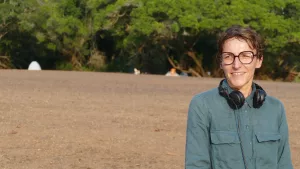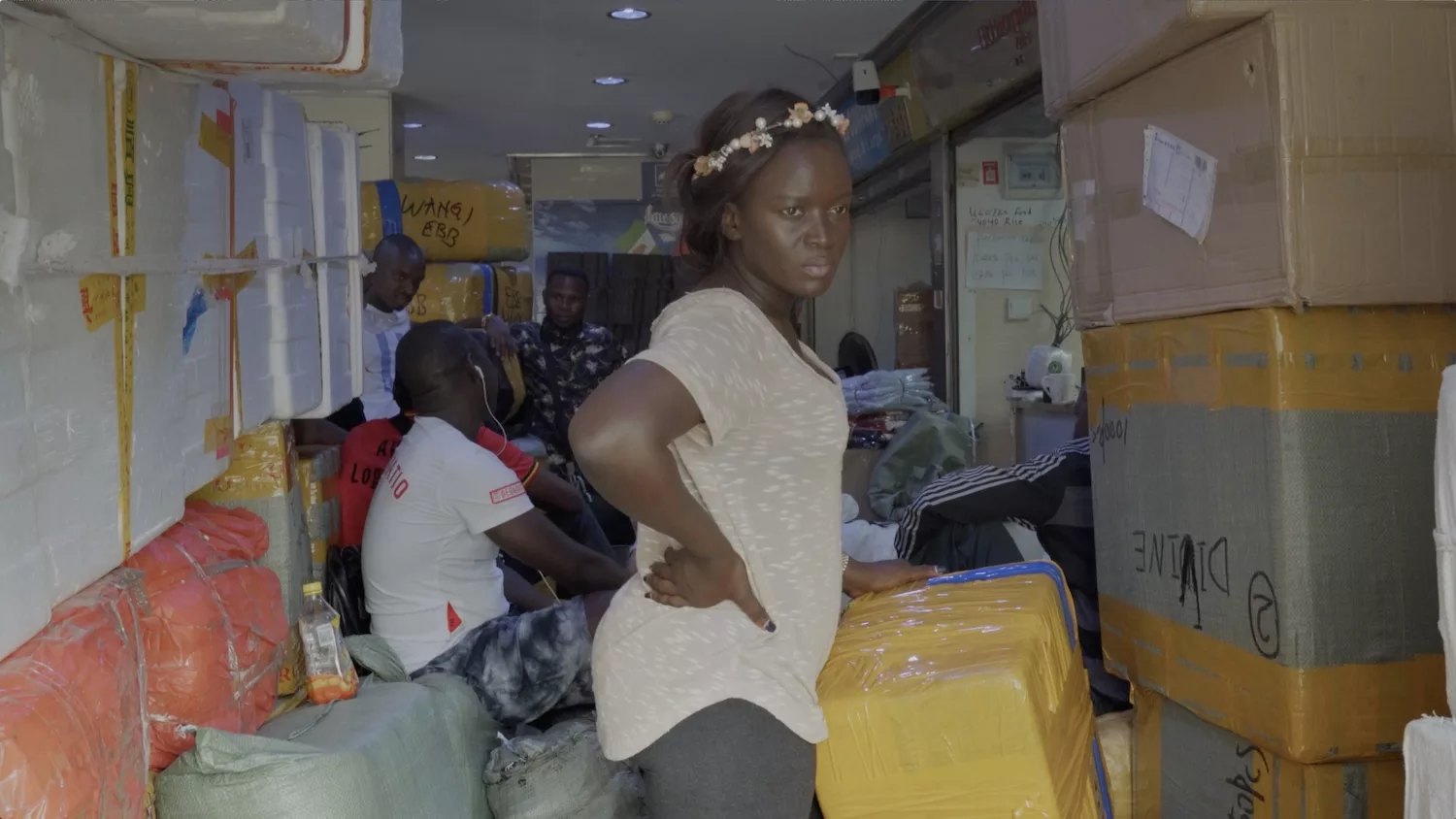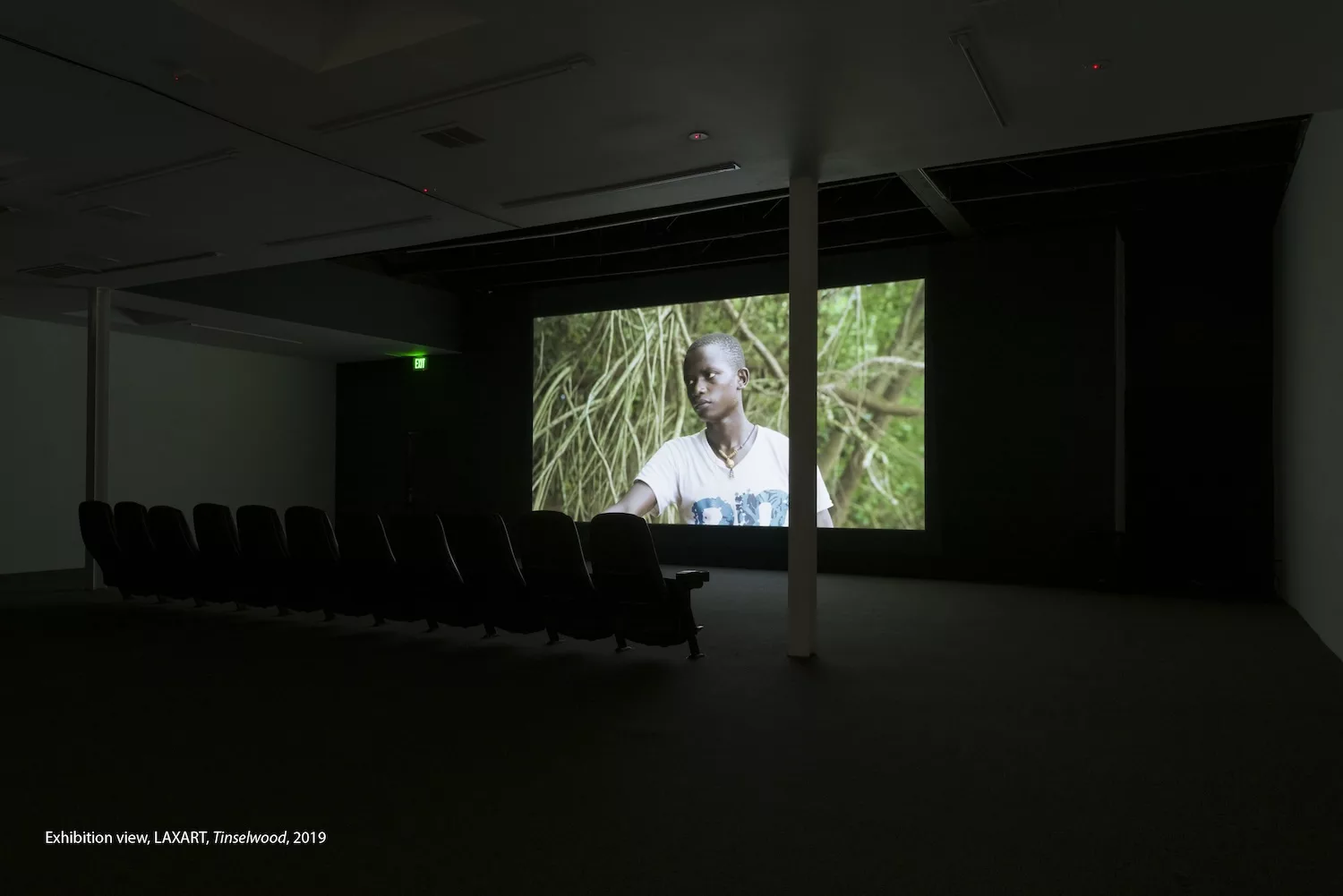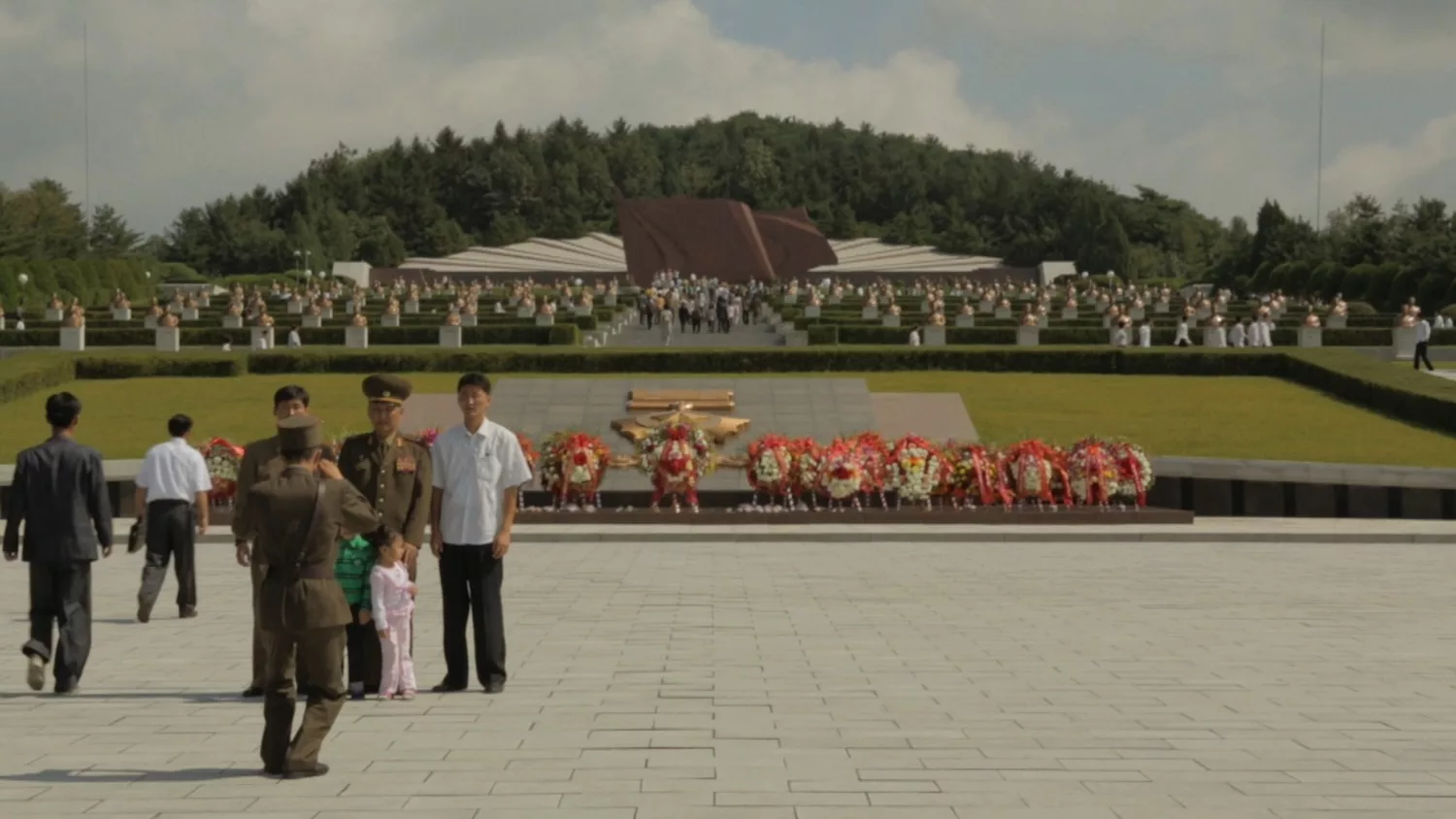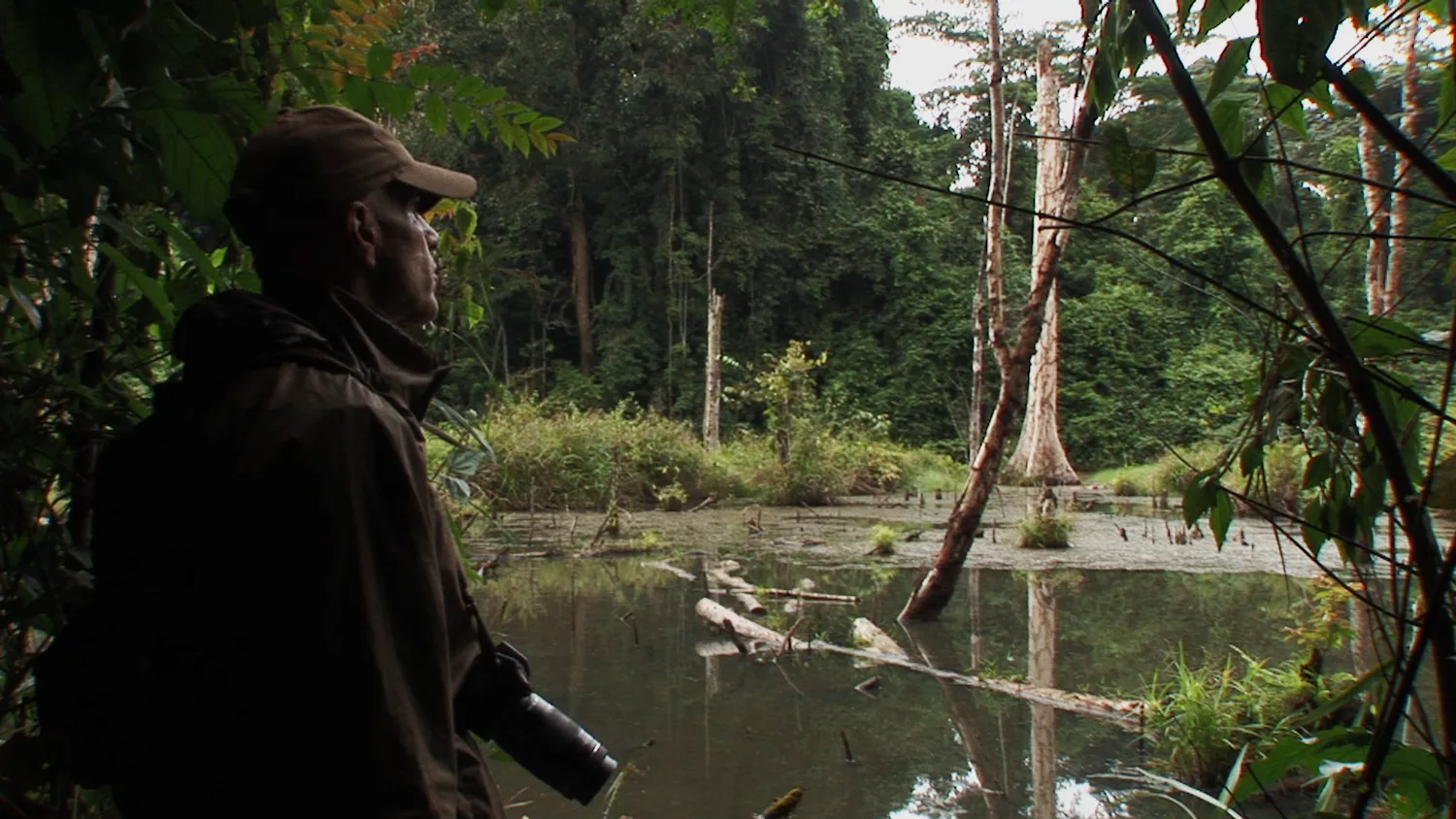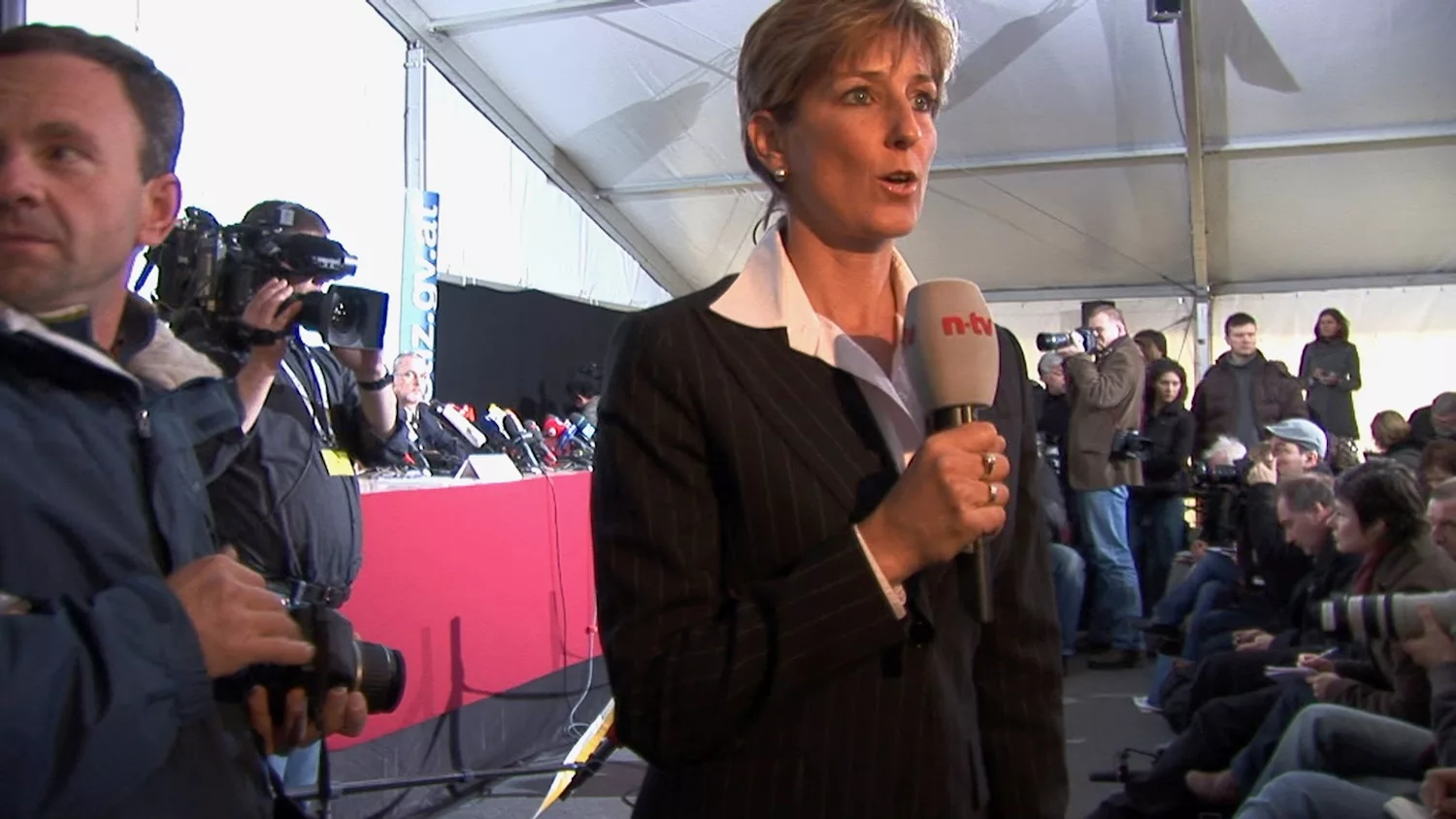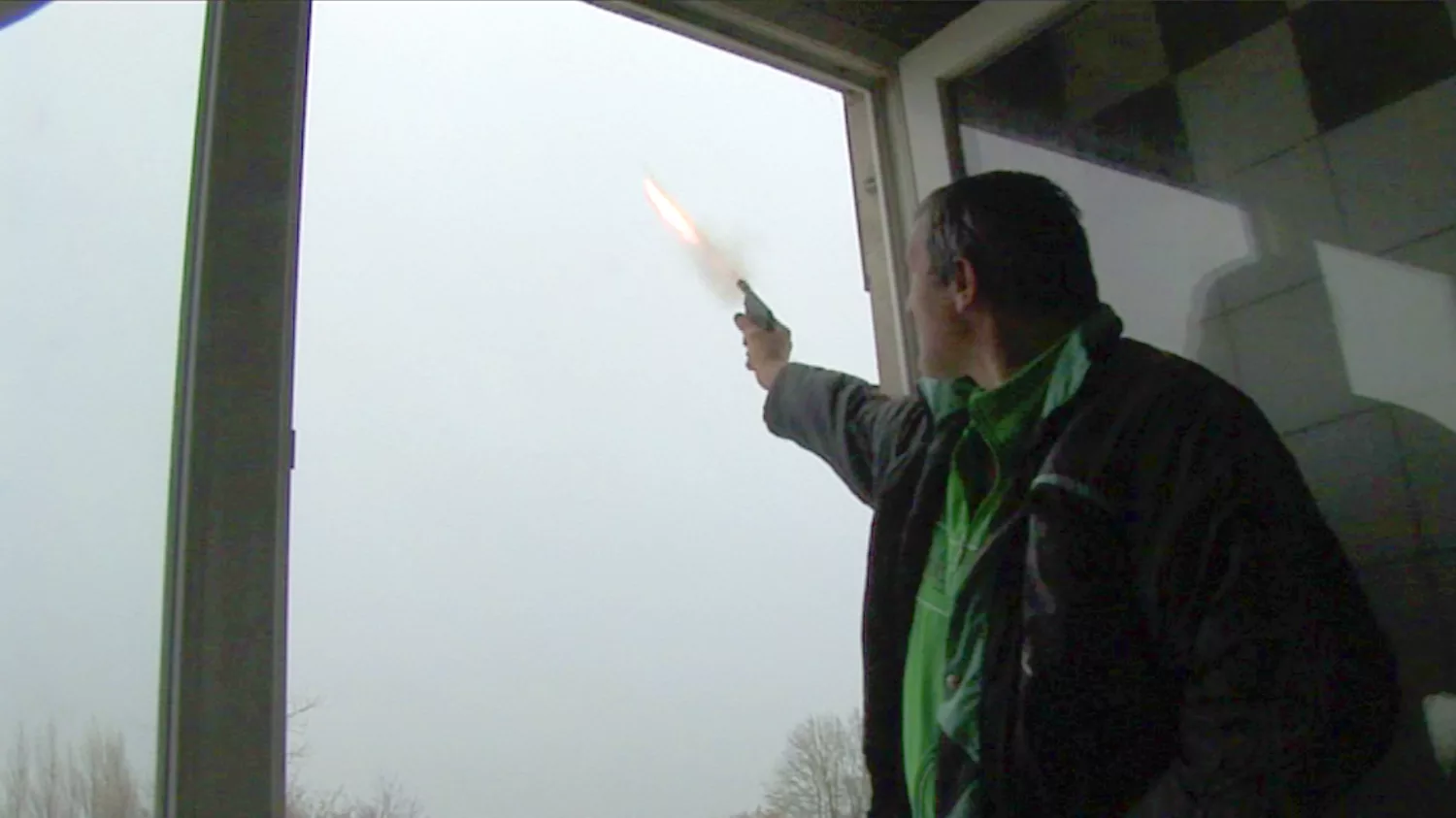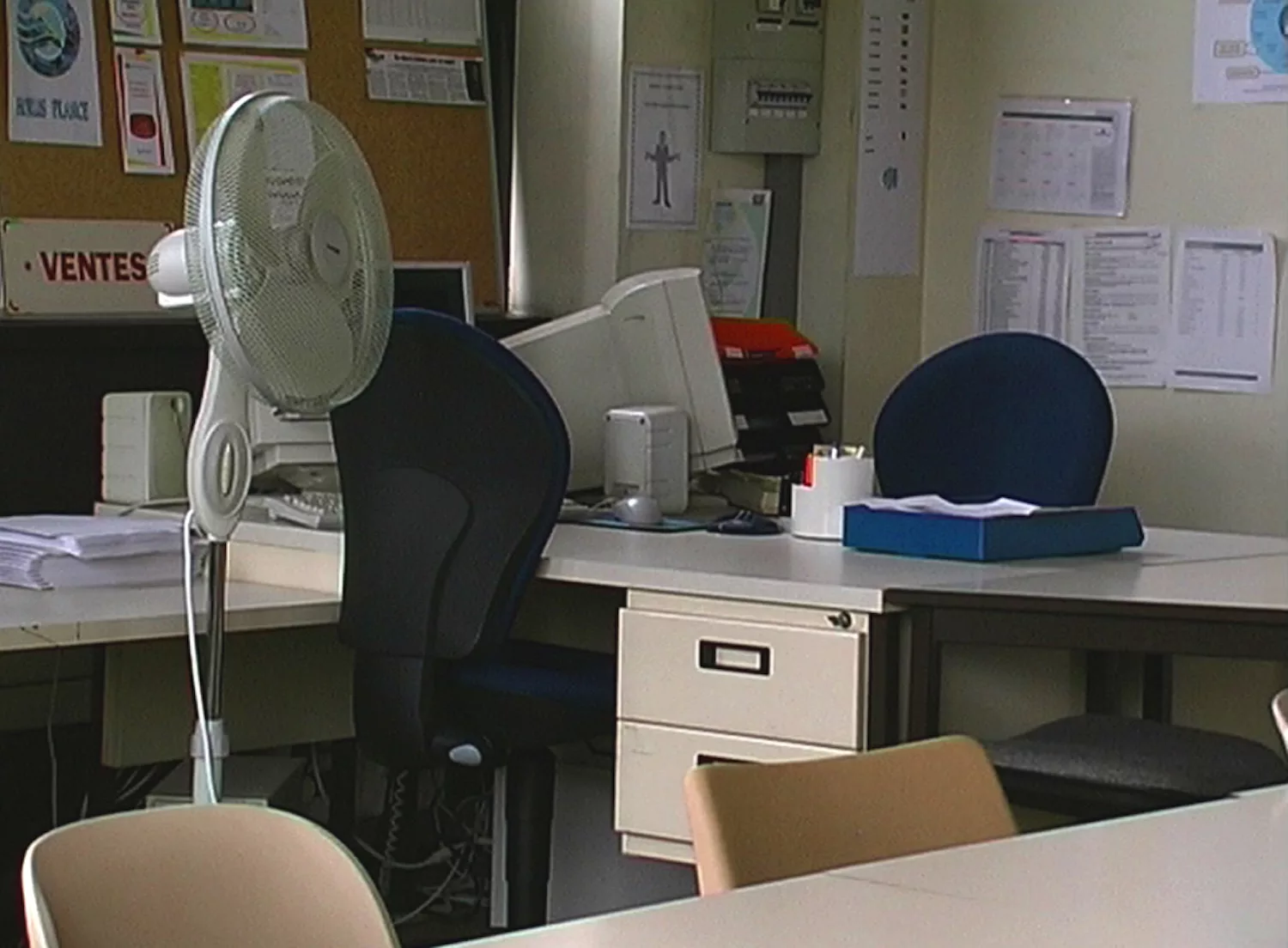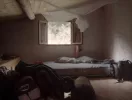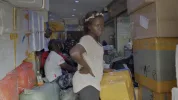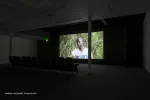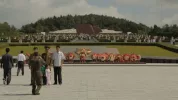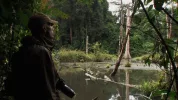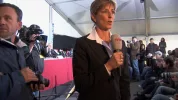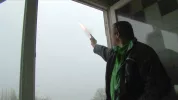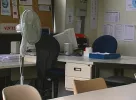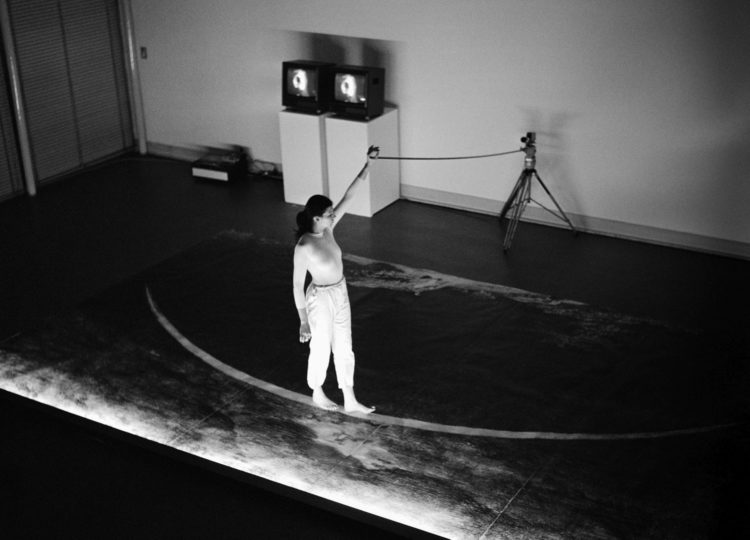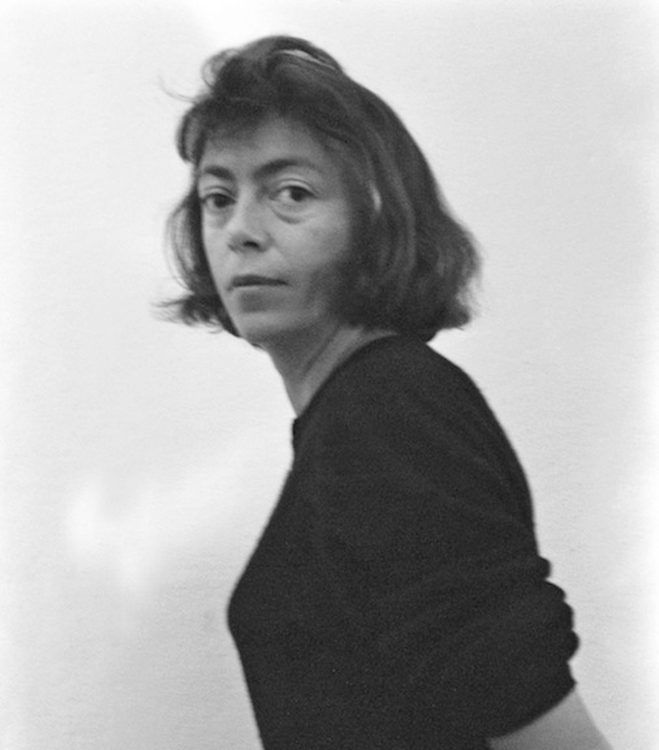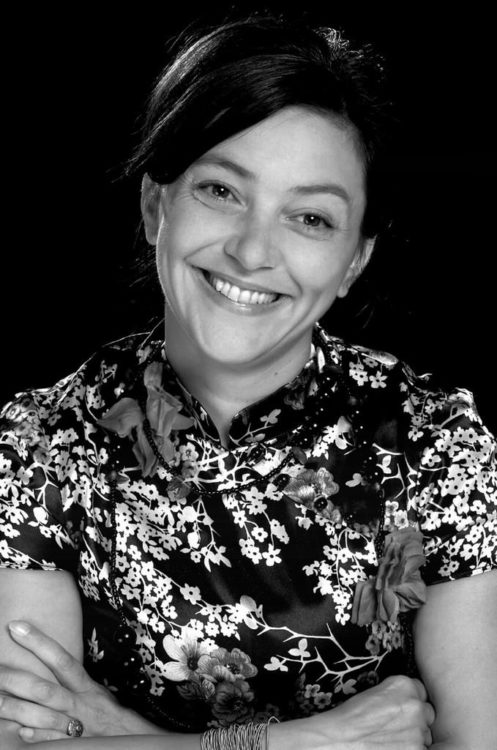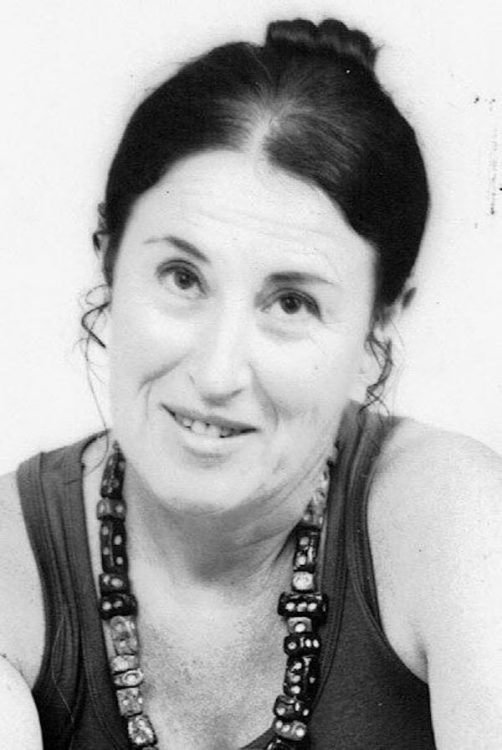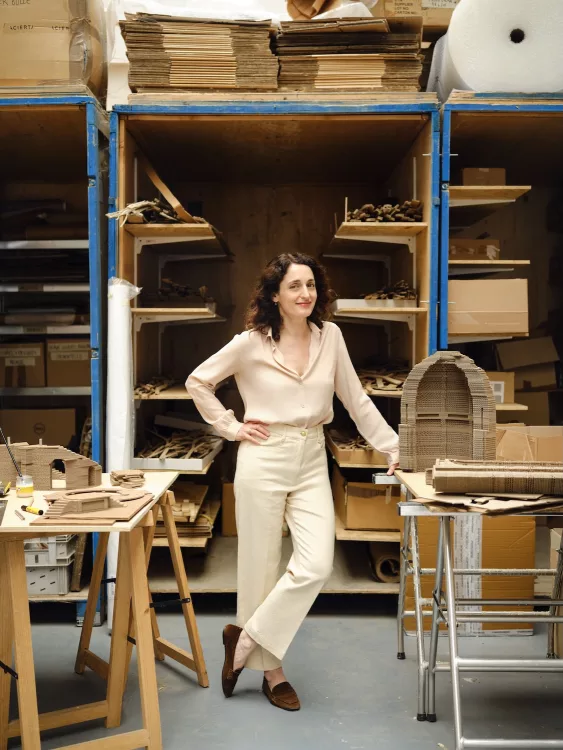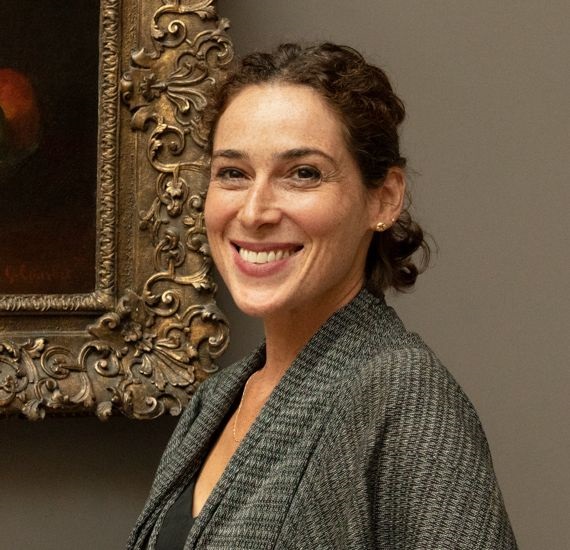Marie Voignier
Caillet, Aline. Gallois, Christophe. Roman, Mathilde. Marie Voignier, Il n’est pas question d’explications. Rennes: PUR, coll. Les arts à l’essai, 2023
→Voignier, Marie. Original Copy. Paris: eds. Librairie Petite Égypte & Marcelle Alix, 2020
→Voignier, Marie. La piste rouge, colonisation, travail forcé et sorcellerie dans le sud-est camerounais. Paris: eds. B42, 2017
Tinselwood, LAXART, Los Angeles, 30 March –18 May, 2019
→International Tourism, Staging Real Life, Beirut Art Center, Beirut, 25 July –7 October, 2018
→Hinterland, CAC, Brétigny, 15 February – 21 March, 2009
French artist and film-maker.
Marie Voignier studied engineering at Compiègne and later in Berlin, but then left the beaten track to trace her own path, with no precise goal in mind, driven only by her feminist values and a desire for creative freedom. Returning to France she enrolled at the Beaux-Arts de Lyon, and pursued the photographic practice she had first embarked upon in Berlin, before settling on the medium of documentary-style video. At that time a minor offering within the school, the genre was nonetheless well-represented at the film festivals the artist routinely frequented, and brought with it the promise of an artistic practice grounded in reality, in a style at once complex, political and non-dogmatic. As if to mark the end of her engagement with the physical sciences, Marie Voignier’s final project as part of her art studies was entitled Les Fantômes [The Ghosts, 2004], a programmatic title in that her work seeks to observe the unrepresentable; she approaches what takes place by wielding the tools of cinema and the particularity of her attention. Years of parallel training in two domains have allowed her to combine detailed observation with a desire to give form to the intangible.
With twelve short and medium-length films to date, Marie Voignier has constructed a practice that is nourished by its own experimentations; from one film to the next, she hones a method, a perspective, an approach. In Hearing the Shape of a Drum (2010), undoubtedly a seminal film in her oeuvre, she negotiates her own place within the machinery of the media. Using minimal equipment she mingles amongst journalists gathered outside the closed doors of the courtroom at the trial of the Fritzl Case, in Austria. With no image available of the incestuous father, in a situation that touches on the unrepresentable, Marie Voignier instead turns her camera on the television lenses and documents the fabrication of a spectacle of near-absence. Despite the repulsive effect of this collective desire to scope, she nonetheless acknowledges the power of cinema to produce narrative out of fragments.
M. Voignier herself plays with the illusions of the cinematographic device and cinematic staging. As the first witness to the critical situations she identifies, she adopts the witness’ partiality. She approaches an event through its barely perceptible, barely audible, barely tangible symptoms. And we, in turn, follow in her footsteps as she peregrinates, coming to a half-understanding of what had seemed foreign to us, such as the bellicose stance of farmers made destitute by clouds of ravaging starlings in Le Bruit du canon [The Sound of the Cannon, 2006]; a cryptozoologist’s obsession with a beast he believes to be lurking in the depths of a Cameroonian river in L’Hypothèse du Mokélé-Mbembé, [The Mokélé-Mbembé Hypothesis, 2011]; the self-control practiced by North Korean tour guides regurgitating state propaganda (Tourisme international, 2014); the inhabitants of a forest in Africa practising, out of necessity, various forms of extractivism (Tinselwood, 2017); the tenacity of businesswomen specialising in trading fake luxury goods between China and Cameroon (Na China, 2020); or the risks taken by migrants and the dilemmas faced by networks of aid workers in the Roya Valley in Moi aussi j’aime la politique, [I Love Politics Too, 2022]. It is a cinematographic style that asserts its own partiality as it traces and reveals vast networks of influence: global capitalism, the wounds left by colonialism, the exploitation of natural resources, the reproduction of dynamics of domination. These images are all-encompassing, and Marie Voignier seeks not to capture them in a single motion, but instead to grasp some of the complex mechanisms expressed through different kinds of proximity. Through the medium of cinema, these implacable abstractions thus become more concrete, more familiar, and doubtless more easy to question.
A biography produced as part of the +1 programme.
© Archives of Women Artists, Research and Exhibitions, 2025


